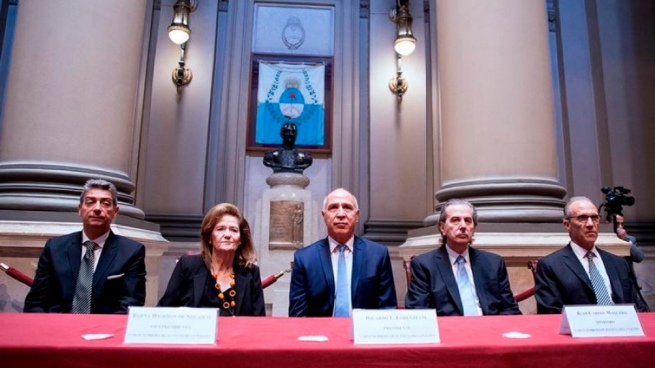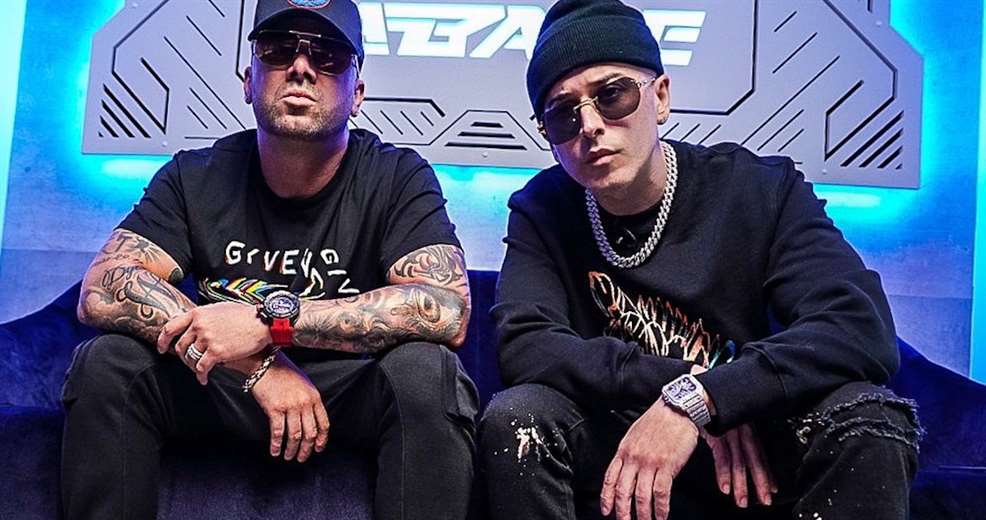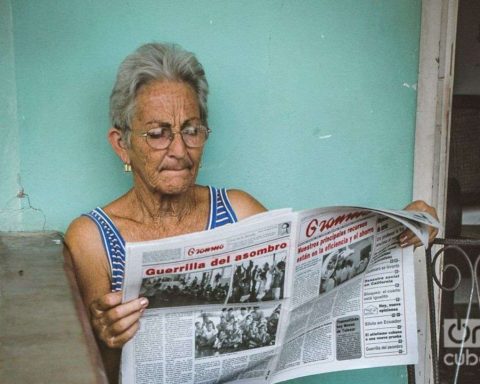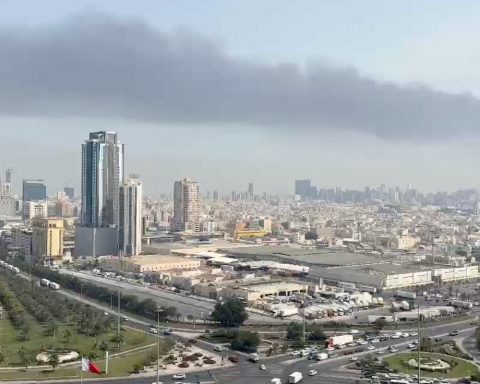The four Supreme Court ministers are waiting for the Executive Power to choose the candidate to replace Elena Highton, aware of the political complexities and with an agreement to speed up the resolution of the key rulings that await definition in the high court.
In the last week, the organizations Amnesty International, Civil Association for Equality and Justice (ACIJ), Center for Legal and Social Studies (CELS), Center for Justice and International Law (CEJIL), Latin American Team for Justice and Gender (ELA), Foundation for the Study and Research of Women (FEIM) and the organization Gqual, they demanded that a woman be appointed.
In a letter to the government of Alberto Fernández, these organizations promoted “the appointment of a magistrate with a commitment to human rights and a gender perspective, within the term provided by law and without delay, in order to guarantee gender equality in the Argentine courts “.
In this sense, the Government spokesperson, Gabriela Cerrutti, measured last Thursday that “there are male and female candidates, but we all know that it must be a decision taken as expected within the framework of gender equality and the federal quota.”
In court they agree with this idea of a woman who comes from within of the country or not, but they also know that, in principle, there are no votes in the Senate to complete the complex constitutional process for the appointment of the fifth member.
“When the decision is out, the Court does not pay much attention”said a source from the Palace of Justice who knows the political-institutional complexity of seeking consensus for a new judge of the Court.
Only three women were members of the Argentine High Court in its entire history: Margarita Argúas (1970-1973, appointed by the Roberto Levingston dictatorship) and Elena Highton and Carmen Argibay, both proposed by former president Néstor Kirchner in 2004. Highton served between 2004 and 2021 and Argibay between 2005 and 2014, the year in which he died.
However, the four judges -Horacio Rosatti, Juan Carlos Maqueda, Carlos Rosenkrantz and Ricardo Lorenzetti- follow closely the indications provided by political leaders and parliamentarians on the replacement of Highton, while addressing their central priority: expediting the resolution of judgments. to order and accelerate the entire functioning of the justice system.
The idea that leads this period under the presidency of the Santa Fe Horacio Rosatti is that the Court should not be a third instance in Justice but rather a court of constitutionality control that establishes parameters so that the ordinary instances know how to rule.
Part of that objective was the meeting with the representatives of the superior courts of justice of the provinces that Rosatti summoned last Thursday to establish “axes of joint work”.
And in the same line, the Court opened a process to reinforce the Forensic Medical Corps, with internal promotions of its professionals and the arrival of ten new medical examiners, to prepare and adapt to the growing technical challenges of criminology.
In the highest court they recall the failed nomination in 2015 of the now ambassador to Italy, Roberto Carlés, to estimate that the Government will not propose a candidate who does not have two-thirds of the votes in the Senate guaranteed.
The political conditions for obtaining this support from the ruling party and the opposition have a long term, the next presidential elections, and a short term, the consolidation of a new parliamentary scheme. And in the middle many possible solutions that will depend on the circumstances and the relationship of forces between the main political fronts.

















